Neighborhood Change
As community demographics shift and there’s neighborhood change, what are the issues affecting longstanding and new residents alike? When is change desirable, and when is it undesirable? How can it be turned to the benefit of those who need it most?
The Latest

Clybourne Park on Stage, Housing Inequity in Real Life—A Post-Show Reflection
Clybourne Park—a play exploring race, real estate, and community tensions—can set the stage for discussion on the lasting impacts of housing discrimination, gentrification, and the fight for affordability. What lessons can we take from the past to shape a more just housing future?
Explore Articles in this Topic
Search & Filter Within this Topic
filter by Content Type
filter by Date Range
search by Keyword
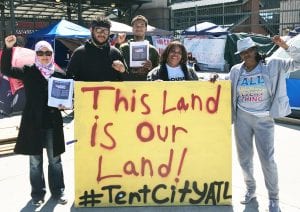
A Community Benefits Proposal Is Ignored. Is Displacement Far Behind?
Residents of four historically African-American neighborhoods in Atlanta are in the midst of an occupation of Turner Field—the former home of the Atlanta Braves.

A Community Planning Process–Even A Good One–Is Not Enough
Just the inherent language of community “transformation” signals that what has come before is not worth holding on to, and renders the history of these public housing sites insignificant.

Myths and Realities About Cycles: Avoiding the Inevitability Trap
About a year ago I wrote a post about Paul Krugman and whether building luxury housing could mitigate the effects of gentrification. For whatever reason, I just noticed one of […]
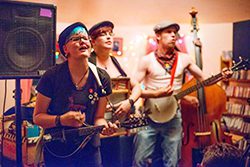
Gentrification Was the Killer in Oakland Fire
It’s usually hard to distinguish a victim of gentrification. Many people have a story of getting priced out of their neighborhoods, of being looked at with mistrust by their new […]

Who Is It For?
A Washington, D.C. nonprofit undertakes a redevelopment project and tackles the issue of cultural displacement.
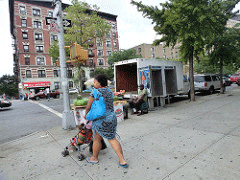
Why Can’t Harlem Stop Gentrification?
In his May New York Times editorial, “The End of Black Harlem,” Michael Henry Adams portrays the historic African-American community as moving inevitably toward gentrification. He cites the familiar signposts—a […]

Millennials, Revisited
As both Joe Cortright of the City Observatory and I have written, Millennials—people who have reached adulthood since the beginning of the millennium—and their in-migration, are largely driving the changes […]
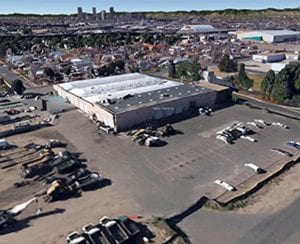
Stop Talking About Displacement
A well informed community organizing effort with a targeted purpose should be the first line of defense in protecting opportunities for wealth building and access to opportunities for upward mobility in working class communities as they experience inevitable changes.
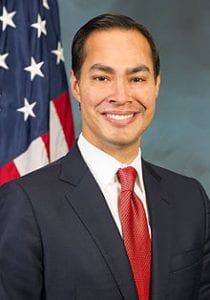
Interview with HUD Secretary Julian Castro
Shelterforce got a chance to speak with Secretary Julian Castro about some of the current ways in which he’s working to make HUD a force for good in people’s lives, and what steps there are left to be taken.

The Charter School Lenders
Despite the controversy surrounding them, charter schools have become a major segment of the CDFI field’s business, requiring new assessment tools to keep the lending mission-focused.
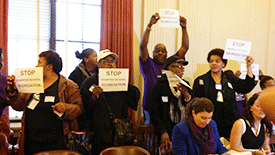
Why Are Community Development Lenders Financing Charter Schools?
The choice to support privately-operated, publicly-funded schools puts these lenders at odds with many of their usual political allies and constituencies. So what’s the motivation?
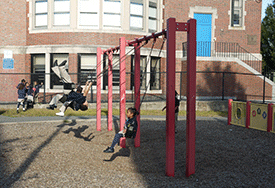
Above the Fray?
As the school reform debates rage on, community groups struggle to stay out of the politics and yet keep influencing the quality of education in their neighborhoods.
